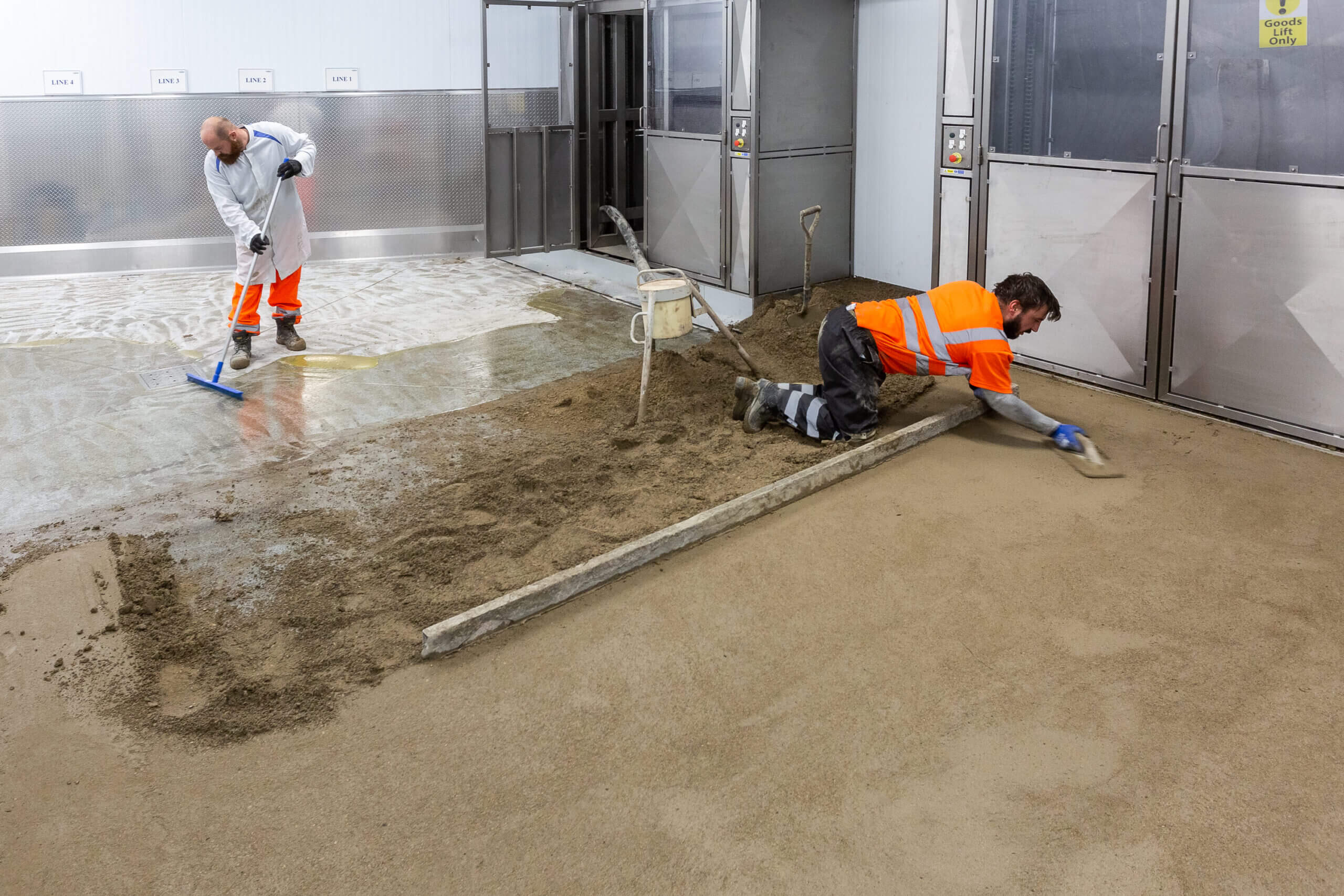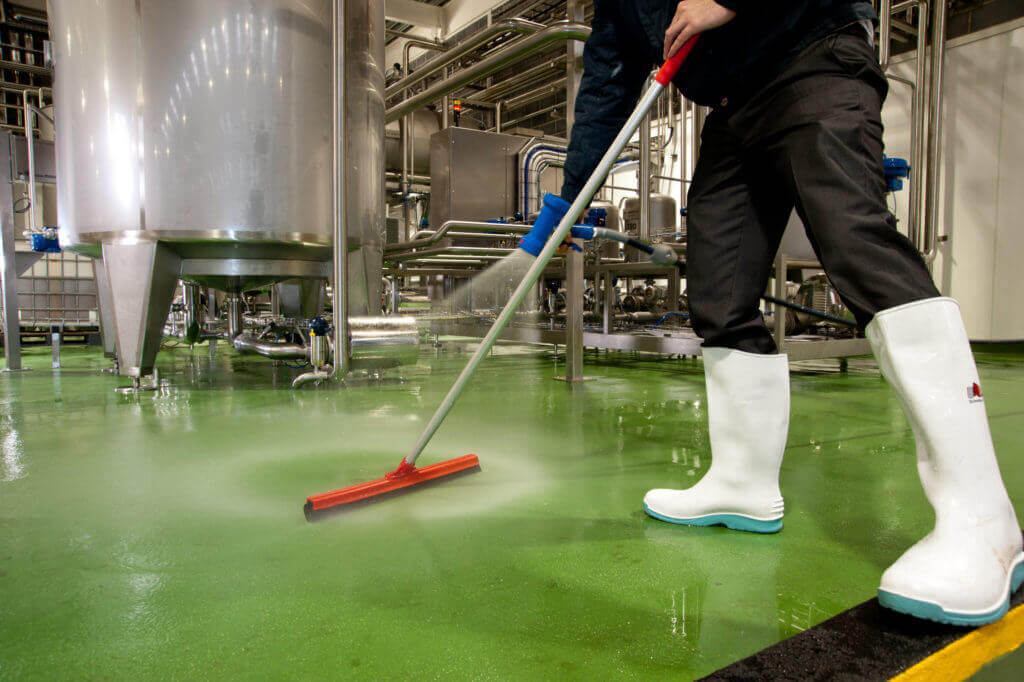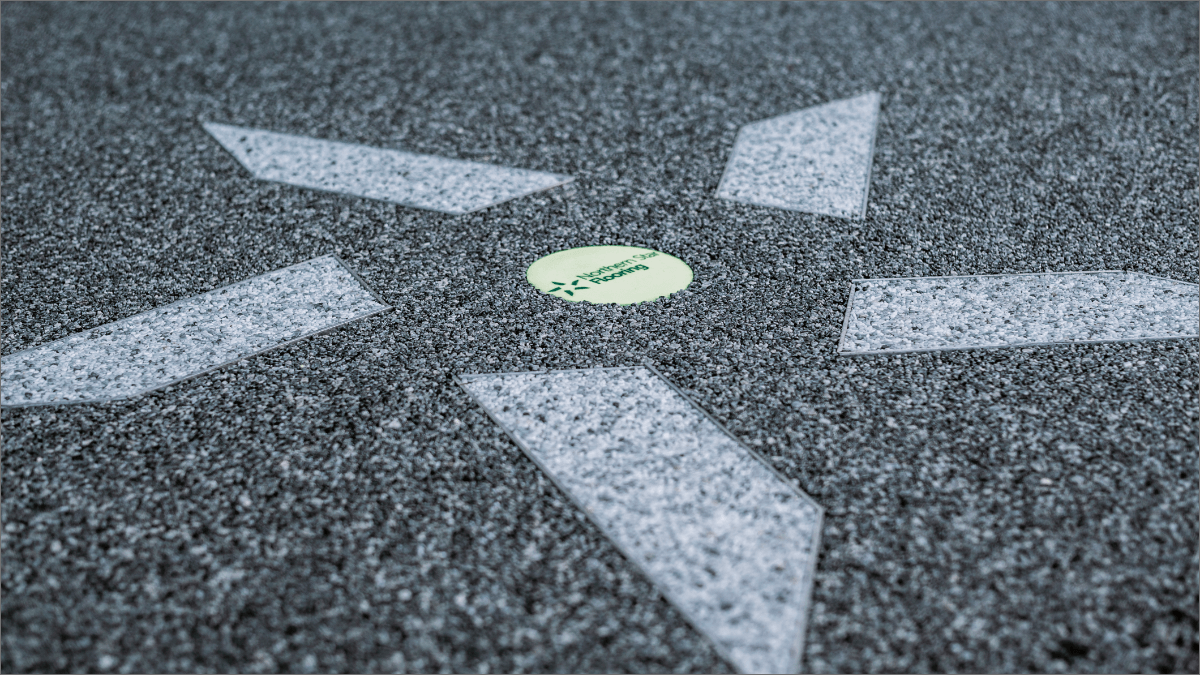Posts Tagged: resin flooring system
06
Jun
Posted by Northern Star Flooring No Comments on What Can You Lay Resin Bound On? News
What Can You Lay Resin Bound On?
Resin-bound surfaces can be laid on a variety of different substrates, including concrete, asphalt, tarmac, and even existing paving slabs. This makes it a versatile option for both residential and commercial projects. It is important to ensure that the surface is clean, dry, and free from any cracks or damage before laying the resin-bound material.[…]
Read More18
Apr
Posted by Northern Star Flooring No Comments on Automotive Workshop Resin Flooring News
Automotive Workshop Resin Flooring
Epoxy resin flooring can turn dark and dim areas into bright, clean and appealing workshops Automotive workshops are high-traffic areas where heavy machinery, tools and vehicles are constantly being moved around. This constant activity can cause wear and tear which makes it essential to have a hardwearing floor that can withstand the daily demands of[…]
Read More11
Oct
Posted by Northern Star Flooring No Comments on Industrial Floor Maintenance: Prolong the Life of Your Resin Floor News
Industrial Floor Maintenance: Prolong the Life of Your Resin Floor
Resin flooring is the unsung hero of many commercial and industrial spaces. Industrial resin flooring is designed to withstand heavy loads, constant foot traffic, and exposure to various chemicals. Whether you have a warehouse, manufacturing facility, or commercial kitchen, resin maintenance is crucial to prolong your floor’s lifespan and ensure it remains compliant with industry[…]
Read More04
Sep
Posted by Northern Star Flooring No Comments on Resin Bonded Vs Resin Bound Flooring News
Resin Bonded Vs Resin Bound Flooring
Resin-bonded and resin-bound flooring sound very similar, so it’s no surprise that people often mistake them for being the same thing. The primary distinction between resin-bound and resin-bonded flooring is that resin-bound flooring offers a smooth, permeable, and decorative finish, while resin-bonded flooring provides a textured appearance and is less permeable. The choice between the[…]
Read More













Recent Comments